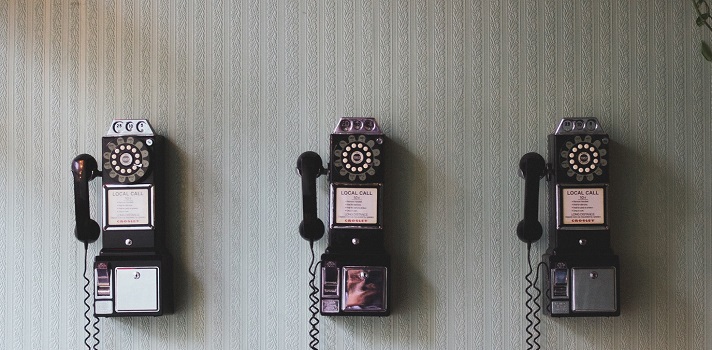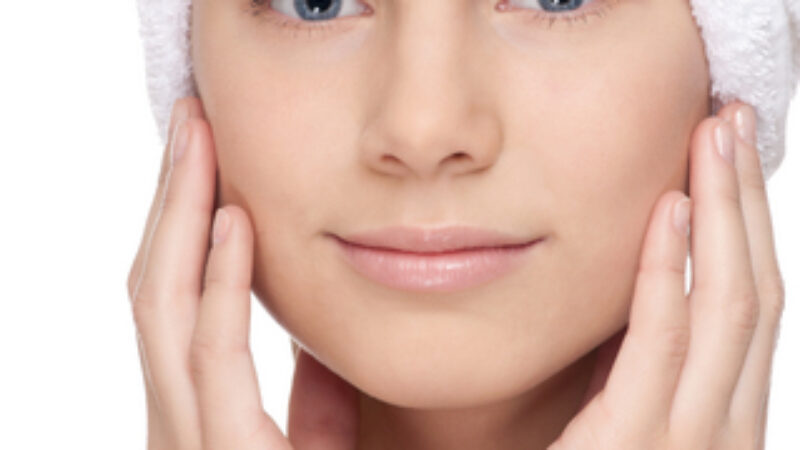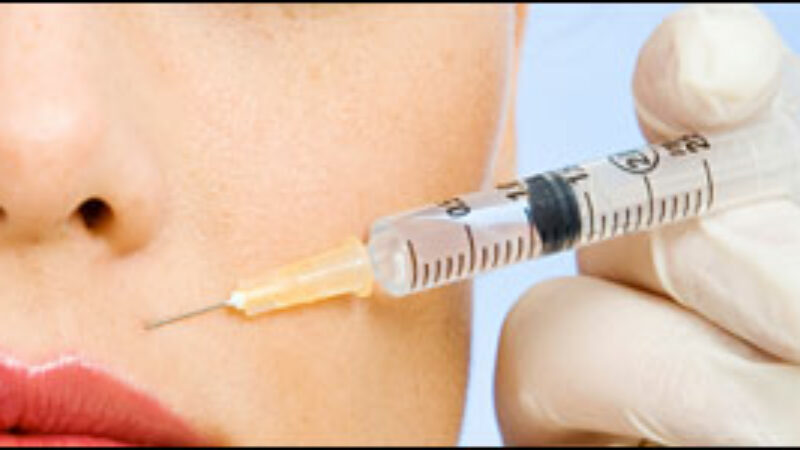When customers contact us with their questions, we do our best to answer and sometimes, we learn a thing or two as well! Here are a few of the latest and greatest:
1. I want to know if we can and should use sunscreen around our eyes to protect its skin from sun rays and causing wrinkles and so on? Or if we should not do that, is there any other cream just for the areas around the eyes?
I also want to know if I can always use a sunscreen cream instead of my daily cream. Can you recommend me one, please? The areas around my lip and nose and cheek sometimes get dry while my nose and forehead get oily.
Thank you for your great questions! Sunscreen around the eyes can certainly be tricky, especially in the summer when high temperatures and water sports increase the risk of getting sunscreen INTO the eyes – ouch! We would recommend looking for either an eye cream that contains sun filters (there have been several introduced within the last year by well-known cosmeceutical and cosmetic brands) or wear sunglasses to protect both your eyes and the delicate skin around them from damaging UV rays.
As for using a sunscreen instead of your daily moisturizer, the answer would be yes! In the warmer months, I tend not to need moisturizer after applying my favorite sunscreen (I like either Anthelios XL SPF 50+ Comfort Cream or Anthelios XL SPF 60 Lightweight Lotion because they don’t leave any visible finish on my face). In the winter, when my skin needs a bit more hydration, I have been turning to Anthelios KA SPF 100 moisturizer. You can also apply your sunscreen, wait a few minutes to allow the product to sink in then simply apply moisturizer on the areas of your face that need it.
2. I have olive to dark skin as I am Asian in origin. I’m very keen on getting a chemical peel with glycolic acid. My doctor says I may get dark spots after it and I should start on a cream for a few weeks before the peel. Is this true? And what kind of creams or regime do you recommend? My skin can be a bit sensitive sometimes.
Thank you for your question. Chemical peels are a great way to get rid of damaged skin while improving appearance and texture. It is true, however, that peels have the potential to irritate sensitive skin. If you have a darker skin tone, you are more prone to experiencing hyperpigmentation after the treatment. Your dermatologist will be able to determine if a chemical peel (and at what strength) is suitable for you. If your doctor has already recommended using a cream with glycolic acid, you may want to consider Neostrata Glycolic Renewal Smoothing Cream with 5% glycolic acid, perfect for first-time users and those with sensitive skin. As always, performing a skin patch test will help to minimize any possible irritation. And, check in with your doctor to see if he/she might have other suggestions.
3. Are these Diflucan One pills safe for patients of diabetes? My husband has a yeast infection and diabetes as well. Currently we are relying on coconut oil massage but the results are too slow.
Thank you for your question. Diflucan One does not specifically carry a warning for patients with diabetes, although some medical conditions may necessitate a longer course of treatment. It is best, however, to consult your doctor with your concerns, especially if your husband is currently taking other medications.
4. I am currently using Retacnyl retinoid cream as prescribed at night except twice a week when I use a Vitamin C cream as I believe the two together are counterproductive when applied together, with an SPF 50 sunscreen every day. I would like to add a lactic acid cream to my regime, for that extra boost as my skin can still look sallow and lack a glow. Would you recommend this and if so which product would you recommend?
We love that you use a retinoid, a vitamin C product and a daily sunscreen! The belief that retinoids and vitamin C aren’t compatible is a myth. Both require acidic environments and work best in this situation so it should be fine to combine them. In your case, at night, apply one first, then wait a few minutes and follow with the other. Just make sure that your skin can tolerate the combination of the two – while the combination is effective, it may be too much for sensitive skin types. If that’s the case, then try alternating the two. If both are similar in consistency it shouldn’t matter which you apply first.
If you want to throw in an AHA product, skip the retinoid and/or Vitamin C two nights a week and use a gentle AHA product like the original MaMa Lotion on these nights.
If you want to get extra mileage from your Vitamin C, apply it each morning with your sunscreen over top. At night it helps boost collagen production and during the day it will help to fight free radicals and boost the effectiveness of your sunscreen.
5. My question is: if I use an exfoliating scrub a few times a week, do I need an AHA, or am I getting the same effect by just using a scrub? Also, is a toner absolutely necessary as I don’t wear makeup too often. Any suggestions would be helpful. Thanks so much.
Both an exfoliating scrub and an AHA are doing the same job: removing dead skin cells and allowing the newer skin to shine through. One is a physical method of exfoliation (the scrub) while the other is chemical (the alpha hydroxy acid). Both are effective and a matter of personal preference. If you are using a physical scrub, go gentle as it’s easy to overdo it.
As for toners, the necessity of one is debatable. We tend to recommend toners if they are delivering active ingredients including those for acne or hydration. In most cases, a cleanser should suffice but some people like to use one. This isn’t necessarily a bad thing and it’s really up to you.
6. Have had hyperpigmentation now for 5 years have been on hydroquinone on and off. Will hyperpigmentation go away after menopause?
Hyperpigmentation can be a result of many factors including sun exposure, genetic predisposition and, yes, hormones. During menopause, the production of estrogen decreases, which in turn can affect the amount of melanin produced in the skin. Melanin is our skin’s first line of defense against UV damage, which can show up as (you guessed it) hyperpigmentation. Hyperpigmentation and dark spots do not typically fade after menopause. In fact, “age spots” may become more prominent as years of UV damage catch up. The best recommendation is to be diligent about staying out of the sun and wearing sunscreen to protect skin whenever you can.




